Prison Sentence Upheld For Iranian Lawyer Defending Protesters
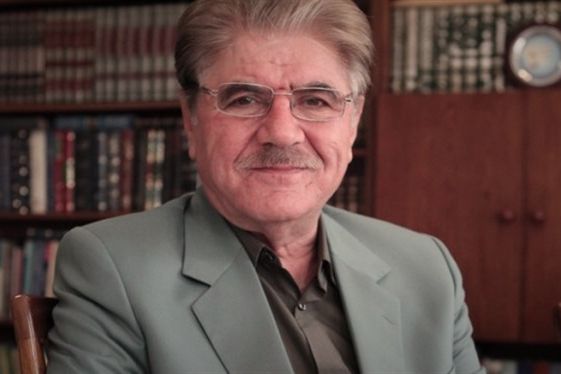
A human rights organization says the prison sentence of an Iranian lawyer and a member of the Central Bar Association has been confirmed by an appeals court.

A human rights organization says the prison sentence of an Iranian lawyer and a member of the Central Bar Association has been confirmed by an appeals court.
The US-based Human Rights Activists News Agency (HRANA) reported Thursday that an Appeals Court in Markazi Province sentenced Mohammad Arman to 18 months in prison and a fine of 150 million rials (nearly 300 USD).
Arman received the sentence for “spreading falsehood,” added HRANA quoting an informed source as saying that Arman’s social media pages have also been removed.
This verdict was upheld while dozens of lawyers in Iran have been arrested by the security agencies in recent months amid the nationwide protests and some of them are still in prison.
These lawyers were representing political prisoners, and many of their families.
A few days earlier, the lawyer representing Mahsa Amini's family, the woman whose death led to mass unrest in Iran, was also arraigned by a revolutionary court for "propaganda against the state".
Saleh Nikbakht was summoned to the second branch of the Revolutionary Prosecutor's Office located in Evin prison in Tehran after he gave interviews with journalists abroad.
The Law Society Gazette, which is a British weekly legal magazine for solicitors in England says at least 66 lawyers have been arrested and detained in Iran since protests started last September, including 11 who have been sentenced, while 47 were released on bail.
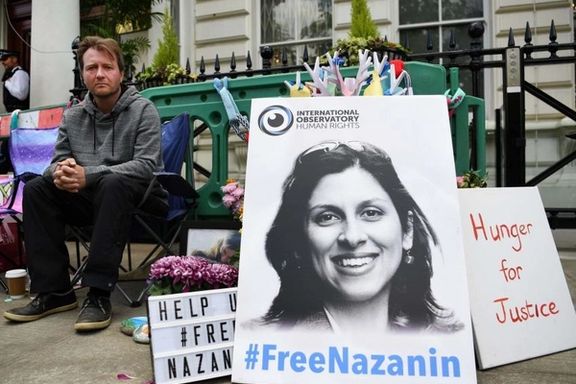
The husband of former Iranian-British hostage, Nazanin Zaghari-Ratcliffe, detained in Iran for several years, has accused the UK government of soft pedaling on Iran’s treatment of hostages.
Speaking to the Guardian on Thursday, Richard Ratcliffe criticized British officials, saying that they are losing interest in hostages after negative publicity surrounding his wife’s detention has subsided.
“One year on, I do find it upsetting how the government won’t say how many Brits are currently held hostage by Iran, that they tried to imply to parliament this week that states do not take hostages, and that since Nazanin’s case, they have not recognized the torture of any British citizen by a foreign government,” he added.
The Foreign Office minister, David Rutley, told the foreign affairs select committee on Monday that the UK did not believe a state could act as hostage taker, and instead uses the term “arbitrary detention for diplomatic leverage”.
Liam Byrne, a Labour MP said that hostage families needed a single point of contact who had a reporting line to the UK prime minister “to knock the proverbial heads of government together”.
However, the Foreign Office stated, “The UK will never accept our nationals being used as political leverage and we continue to press Iran to end this abhorrent practice.”
Ratcliffe raised his criticism on the first anniversary of the release of Nazanin Zaghari, who had earlier criticized London for the process of her release.
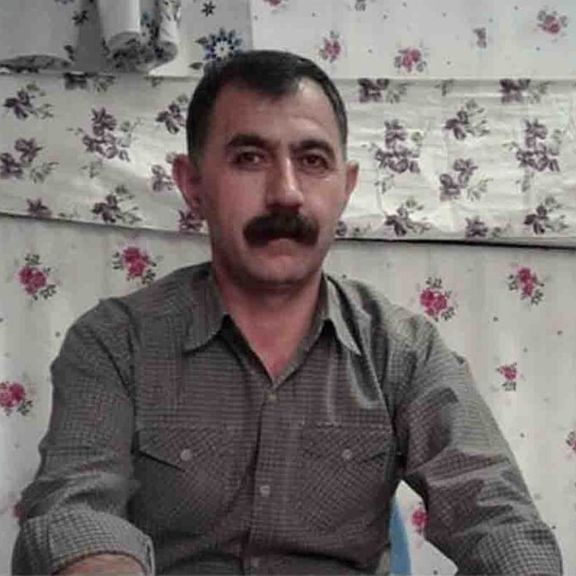
A Kurdish political prisoner has been executed in Orumiyeh’s (Urmia) central prison.
According to rights group Hengaw, Mohyeddin Ebrahimi from Oshnavieh in Iran’s West Azarbaijan province, was killed in the early hours of Friday.
In a cruel twist, his family had been informed that his execution had been suspended but just hours later, were told he had been executed.
In recent days, the rights group expressed concern over the transfer of Ebrahimi to solitary confinement, protesters gathering outside the prison to demand the overturning of the verdict sentencing him to death.
In a brutal journey, Ebrahimi, 42, a member of the Kurdistan Democratic Party, was first arrested by security forces in 2009 on charges of cooperating with one of the Kurdish opposition parties.
He was sentenced to 14 months in Urmia Central Prison. However, he was arrested after being shot by IRGC forces in Bimzarata headquarters in Oshnavieh in November 2017 and has been in prison ever since.
In August 2018, he was finally sentenced to death, one of a growing number of Kurds suffering brutal crackdowns by the regime.
In recent months, Iran’s clerical rulers have stepped up suppression of persistent anti-government protests in the country's Kurdish region, home to the majority of Iran’s 10 million Kurds.
The regime has deployed troops and killed several demonstrators since protests erupted following the death in police custody of Kurdish Mahsa Amini, in addition to others already in the region’s brutal prisons.
Also Friday, Shirzad Ahmadinejad died in the same prison, after authorities failed to give him medical attention.
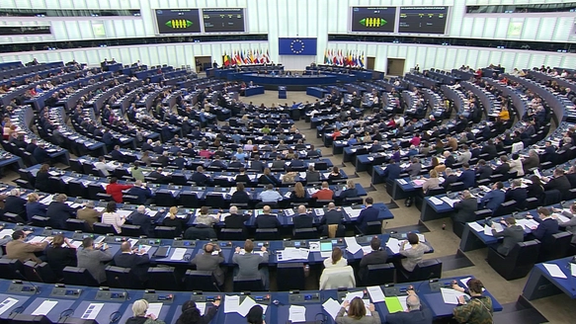
The European parliament has adopted a resolution calling on the UN Human Rights Council to conduct an independent probe into a wave of chemical attacks on Iranian schoolgirls.
The motion, which passed by 516 votes in favor, five against and 14 abstentions on Thursday, vehemently condemned “this atrocious attempt to silence women and girls in Iran,” and expressed “its deep solidarity with the Iranian students poisoned in the incidents and with their families.”
According to reports by state media and Iranian officials, more than 1,300 pupils, mostly girls, have fallen ill after "suspected poisonings'', with some politicians blaming religious groups opposed to girls’ education. Some activists have accused the regime of orchestrating the poisonings as revenge for the active role by schoolgirls in the protests ignited by the death in custody of 22-year-old Mahsa Amini last September.
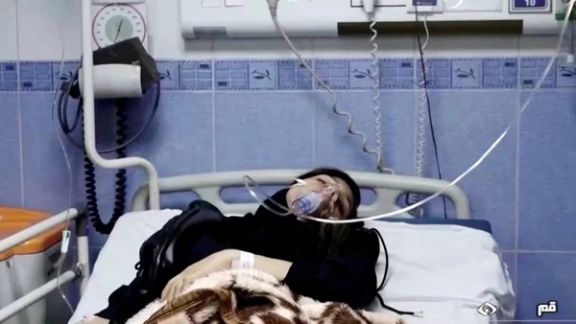
Urging authorities to ensure girls have non-discriminatory access to education, MEPs called on the Islamic Republic to repeal any legislation that discriminates against girls and women, saying that since the wave of attacks started in November 2022, thousands of girls and women across Iran have been poisoned with toxic chemicals to prevent them from attending school.
It called on the Iranian authorities to grant full access to the UN Independent International Fact-Finding Mission and the UN Special Rapporteur on the situation of human rights in the Islamic Republic of Iran.
Reiterating its condemnation of “the regime’s anti-women and anti-girls policies,” the European Parliament reaffirmed “its absolute support for Iranian women’s and girls’ demand to abolish all systemic discrimination.”
The resolution also decried the regime’s months-long failure to act on the serial poisonings, as well as its deliberate suppression of credible reports of systematic toxic attacks. Denouncing any politically motivated legal proceedings against those reporting on the poisonings, the resolution called for the immediate unconditional release of all those imprisoned or prosecuted.
The parliament also repeated its call on the Council of Europe to designate the Islamic Revolutionary Guard Corps – IRGC -- as a terrorist organization and to expand the EU sanctions list under the EU Global Human Rights sanctions mechanisms to include Supreme Leader Ali Khamenei, President Ebrahim Raisi, and Prosecutor General Mohammad Jafar Montazeri for their role in rights violations.
The nine-point resolution also urged EU member states to facilitate the issuance of visas, asylum and emergency grants to those who need to leave Iran, "particularly women and girls". However, a point that was included in the proposed resolution but did not pass was a call “for the European institutions to reflect on the deeply rooted protest movement of Iranian women.” It sought to urge Europe to acknowledge “that this movement goes beyond the defense of women’s rights, advocating for a democratic state in Iran instead of a violent and reactionary theocracy.”
The Iranian government, police and judiciary have not issued a transparent and definitive report on the chemical attacks, vaguely claiming that dozens of arrests were made, without any sign of court action against alleged perpetrators.
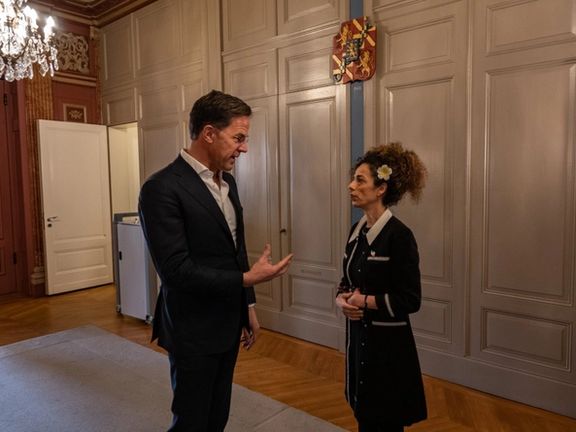
Well-known Iranian-American civil activist Masih Alinejad has urged the Dutch prime minister to designate the Islamic Revolutionary Guard Corps (IRGC) as a terrorist organization.
Alinejad said in a tweet on Thursday that she urged Mark Rutte during their meeting to isolate the Islamic Republic and instead of meeting with regime officials, meet with the coalition of opposition forces.
“We the people of Iran deserve to have a secular democracy like the one you have in Netherlands. Our demand is simple: democratic countries should support pro-democracy movements instead of trading with our killers,” added Alinejad.
She went on to say that she informed Prime Minister Rutte of the torture and rape of minors in the prisons of Islamic Republic.
In another tweet she stated, “I hope all democratic leaders support the pro-democracy movements. A secular democratic Iran will make the world a much safer place. We have to stop the Islamic republic from raping, torturing and killing teenagers for demanding Freedom.”
In response, the Dutch prime minister told Alinejad that many countries in the EU are in favor of sanctioning IRGC and that he is working on the matter.
Despite the adoption of a resolution in the European Parliament to designate the IRGC as a terrorist group. The Revolutionary Guard, which is a military and intelligence force, playing the main role in suppressing Iranians, is not still recognized by the European Union as a terrorist group. The United States designated the group as a Foreign Terrorist Organization in 2019.
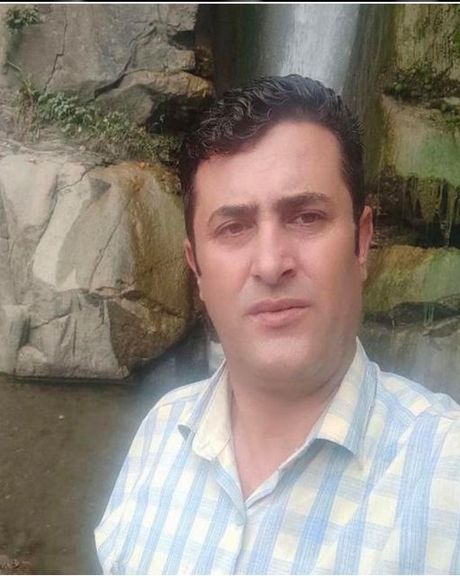
Outrage spilled onto the streets of Bukan this week as demonstrators protested against the death of a young Kurd in police custody.
Shirzad Ahmadinejad, 41, was arrested on February 15 by intelligence forces, and died following brutal mistreatment in Revolutionary Guard’s detention center in Orumiyeh (Urmia).
The Kurdistan Press Agency claims the family were told by phone that Ahmadinejad had died of a heart attack, painfully reminiscent of the lies used to cover up the death in custody of Mahsa Amini, whose death triggered a wave of revolutionary fervor since September.
Ahmadinejad, believed to have been arrested for participating in protests, suffered from kidney disease and was denied access to medical services during his detention, according to the report.
It sparked mass protests in Bukan, West Azarbaijan Province, an area heavily populated by Kurds, where people lit fires in the streets and chanted slogans like “Death to Khamenei”.
Security has been stepped up in Bukan amid funeral preparations with checkpoints set up at the entrances of the city on Thursday. Violence reminiscent of that seen around the funeral of Amini and other similar figures, is expected.
The area is often the target of brutal crackdowns as the regime continues its suppression of the Kurdish minority. Also this week, two Kurdish citizens from Bukan were kidnapped by regime forces and taken to an unknown location, according to Kurdish rights group Hengaw.